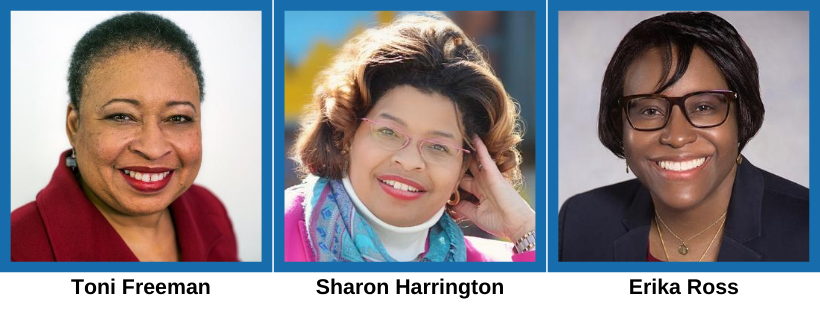

To honor Black Philanthropy Month, I had the privilege to speak with three Black members of Women’s Impact Fund – Toni Freeman, Founding Board Member, and past Board Chair; Sharon Harrington, Founding Member and past Board Member; and Erika Ross, member since 2018 and a part of the Grants Committee. Our conversations follow. Enjoy!
Lisa Miller: Tell me about the origins of your philanthropic journey.
Toni Freeman: My giving journey started with my faith. As a young child, my parents would give me money to put in the collection plate. Once I had an allowance, I was expected to put some of MYmoney in the collection plate. That tradition has carried with me throughout my life. My mother was a social worker. We were always helping someone — mowing a neighbor’s lawn or bringing someone a meal. I grew up with a clear sense that my parents expected me to continue to give of my time, talent, and treasure.
Sharon Harrington: I am the first member of my immediate family to graduate from college and professional school. I am a direct beneficiary of generous scholarships, mentorship, and philanthropy. My personal lens and journey have guided my professional and civic activities.
Erika Ross: Growing up in South Carolina, my parents were my first role models. They gave significantly of their time, bringing my sister and me along when they volunteered. Also, they were strong supporters of their universities. I was raised with a strong sense of needing to give back. When I first had a paycheck, I too supported my university. I also supported organizations that addressed health issues like MS and breast cancer that had affected members of my family.
LM: How has your membership in WIF changed your giving?
TF: Social responsibility has been a key driver for me since before it became part of the ordinary vernacular. Back in 2003, Mary Lou Babb invited me to join her, Claire Tate, and some others to build Women’s Impact Fund. I have been very proud of WIF’s work and love participating now with Spark. Spark demonstrates WIF’s maturity; its ability to cast a wider net in the community, to invest in founding leaders, giving them not only funding but the confidence to build and run with their vision.
SH: I am a charter member of WIF joining at its inception in 2003 and have been an active member and leader ever since. WIF has supported my growth, evolution, and philanthropic journey. It is a catalyst and platform that continues to inspire my community activities.
ER: As I got older, I wanted to see where my dollars were going. WIF’s granting model allows me to do that and to have a say in those decisions. My participation in the grants process has allowed me to better understand the issues facing the Charlotte region, so I can better target my giving.
LM: Does being a woman of color affect how you give?
TF: I think it does. My commitment to my church is a traditional value for African Americans of my generation. For more than 30 years, I have made a regular donation to a social/racial justice organization supporting African Americans. I give there because there can never be enough support in that space.
SH: Diversity, equity and inclusion are core values that guide me. I like to bring my unique life experiences to WIF and all organizations that I support.
ER: I grew up aware of the privilege in my family. My great aunts were college-educated (in the 1930s) at a time when many, particularly Black women, were not. I have a strong sense of responsibility to help bring others along.
LM: As a Black Philanthropist, what suggestions do you have for Women’s Impact Fund?
TF: I would encourage WIF to continue to find ways to broaden its engagement with and awareness of the African American community and to be intentional about the recruitment and retention of African American members. Intentionality is important!
SH: WIF should deepen its commitment to the principles of diversity, inclusion, and compassion because our most vulnerable need us. It should strive to be a pace organization that leads and sets the pace for engaging our communities and honoring diversity as a fundamental value to who we are as a network of leaders. The first step is standing against systemic racism and any form of inequity in our communities. WIF has awarded more than $6M. We should double down and invest more, tap the thought leadership of our members and add our voice to the community dialogue on some of our most challenging topics.
ER: I appreciate that WIF makes efforts to hear all the voices in the organization. I would encourage greater representation of women of color. For example, when I’ve been on-site visits for the grants committee, it is not uncommon for me to be the only woman of color in the room.
Follow Women’s Impact Fund social media channels and hashtag #BPM2020CLT to learn more about Black Philanthropy Month in our organization and the larger community.

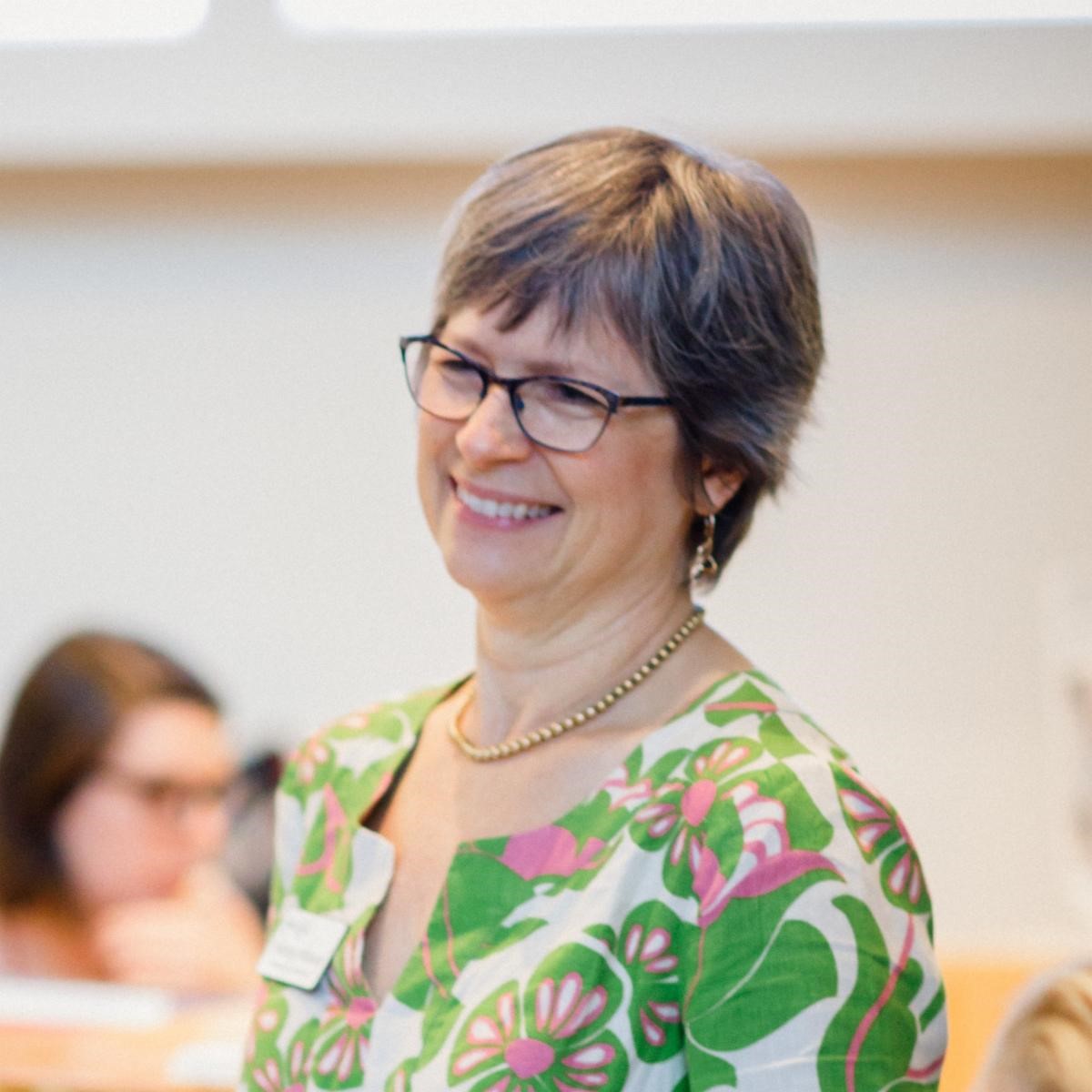
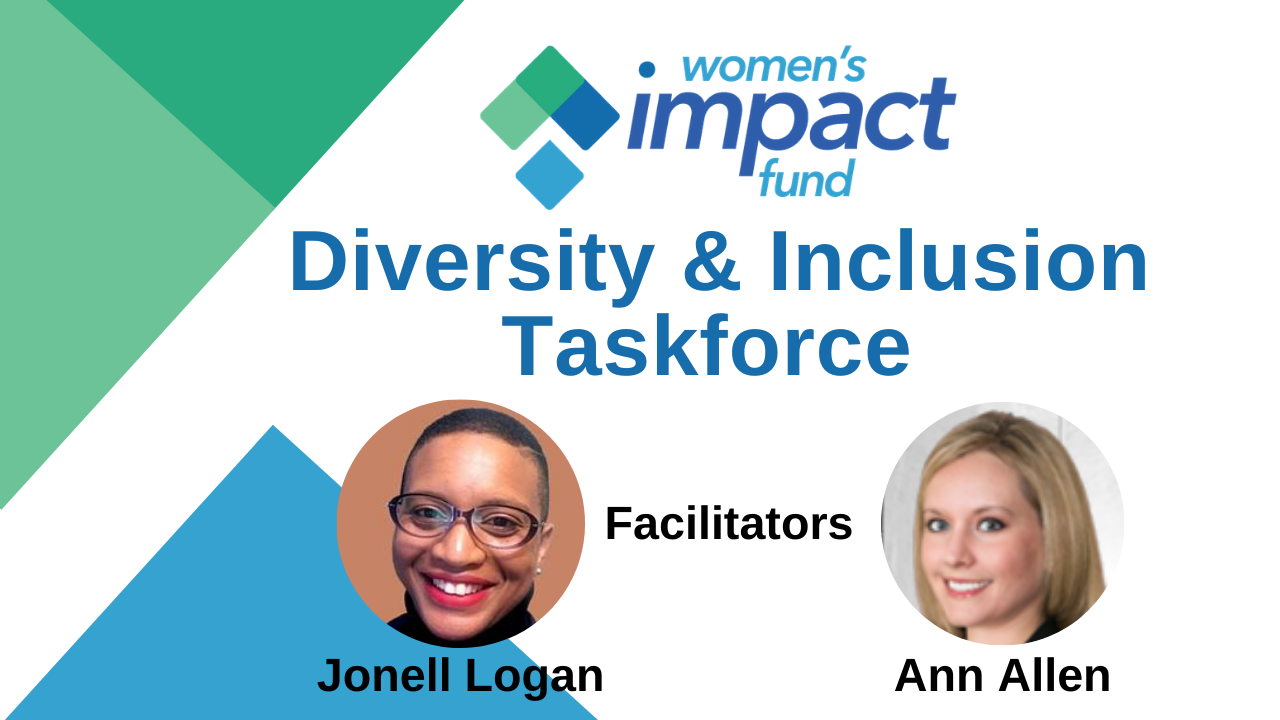
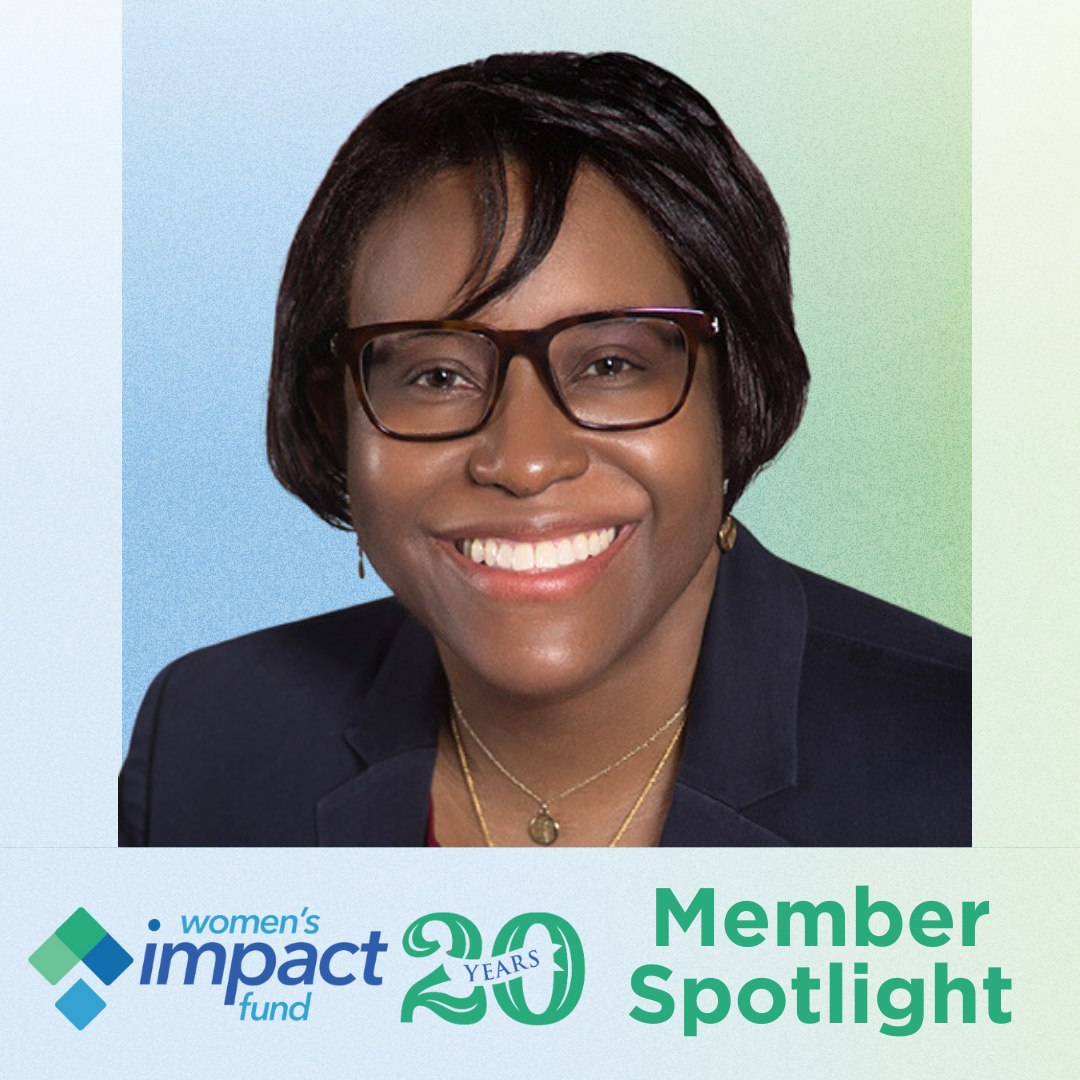
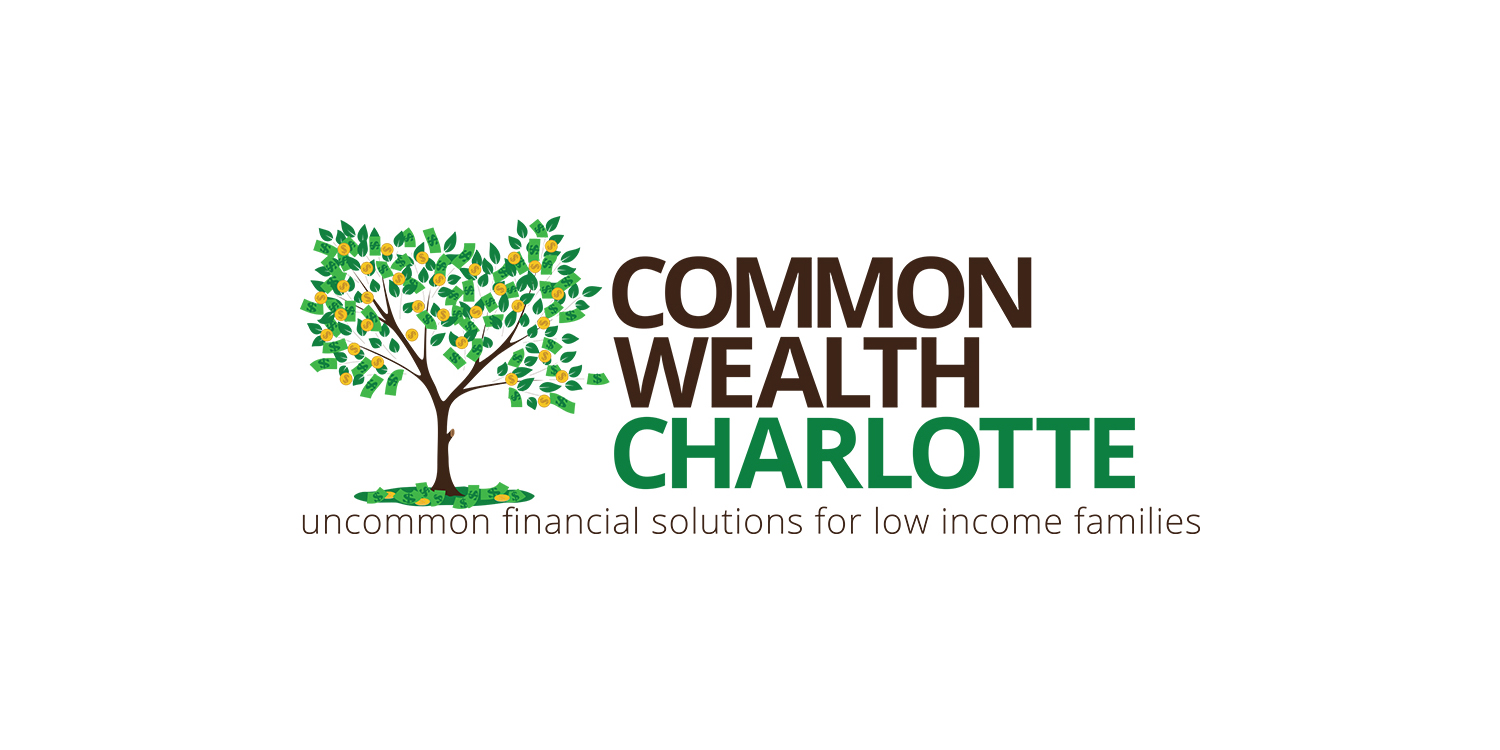
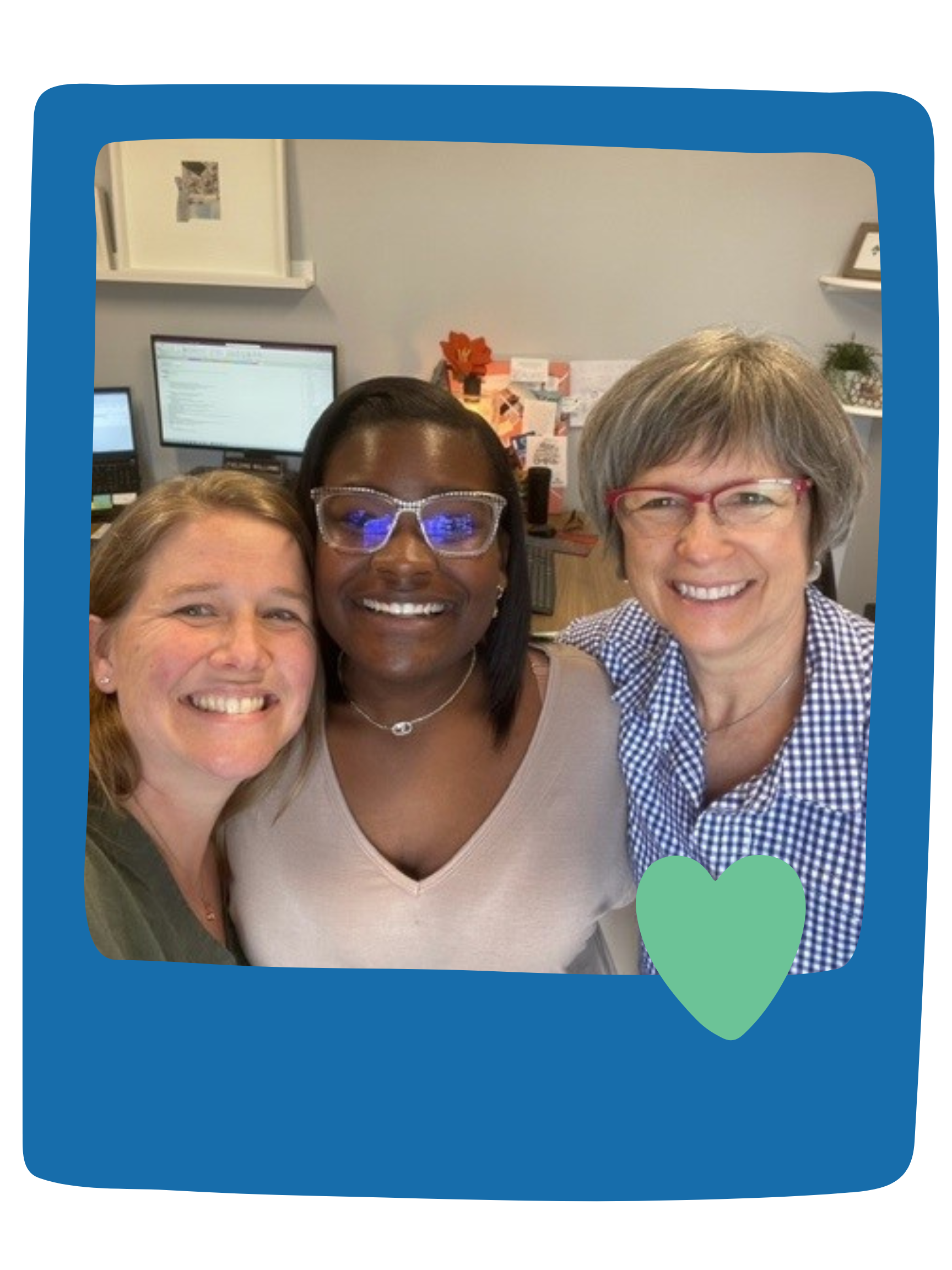
Leave a Reply